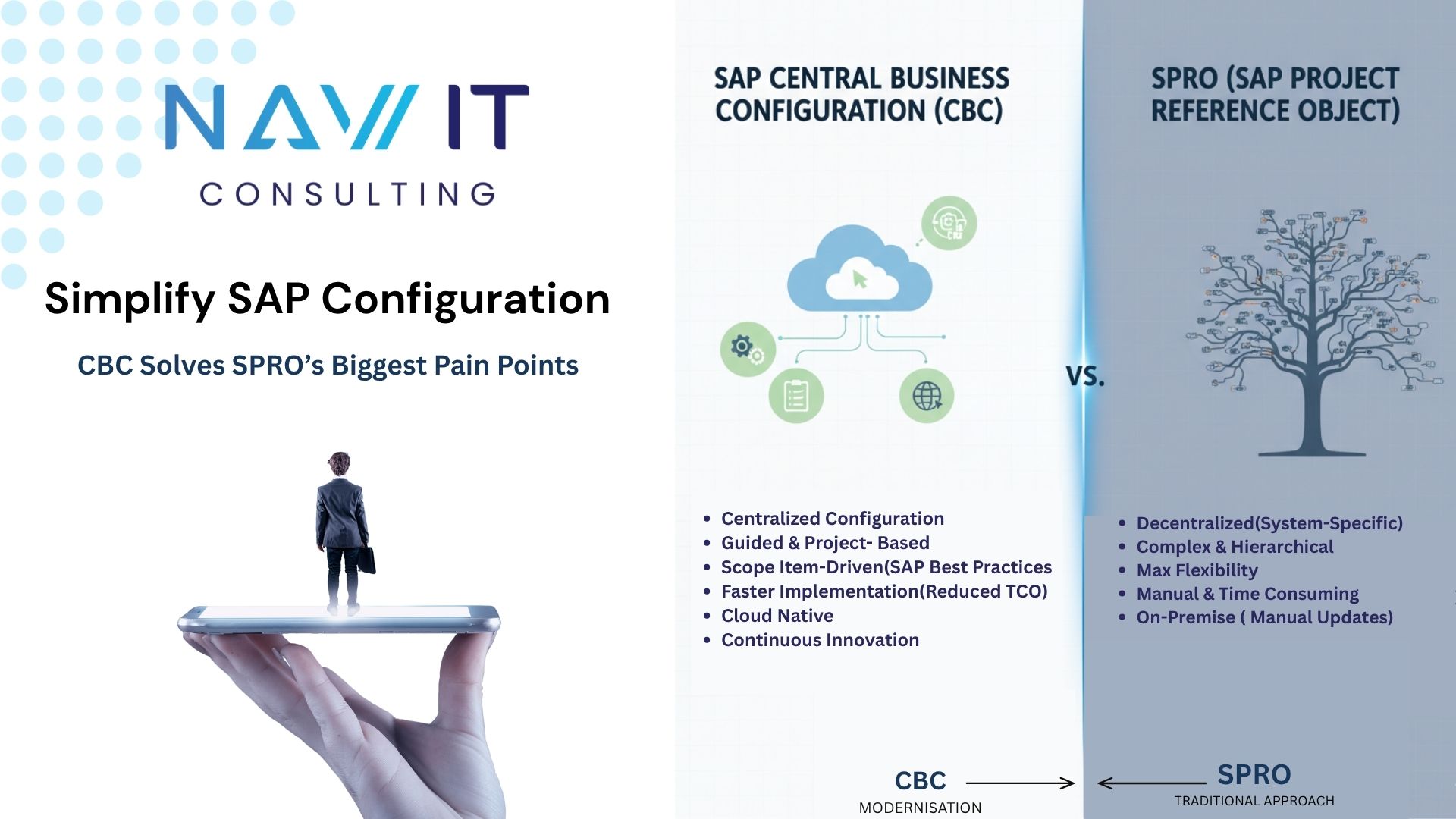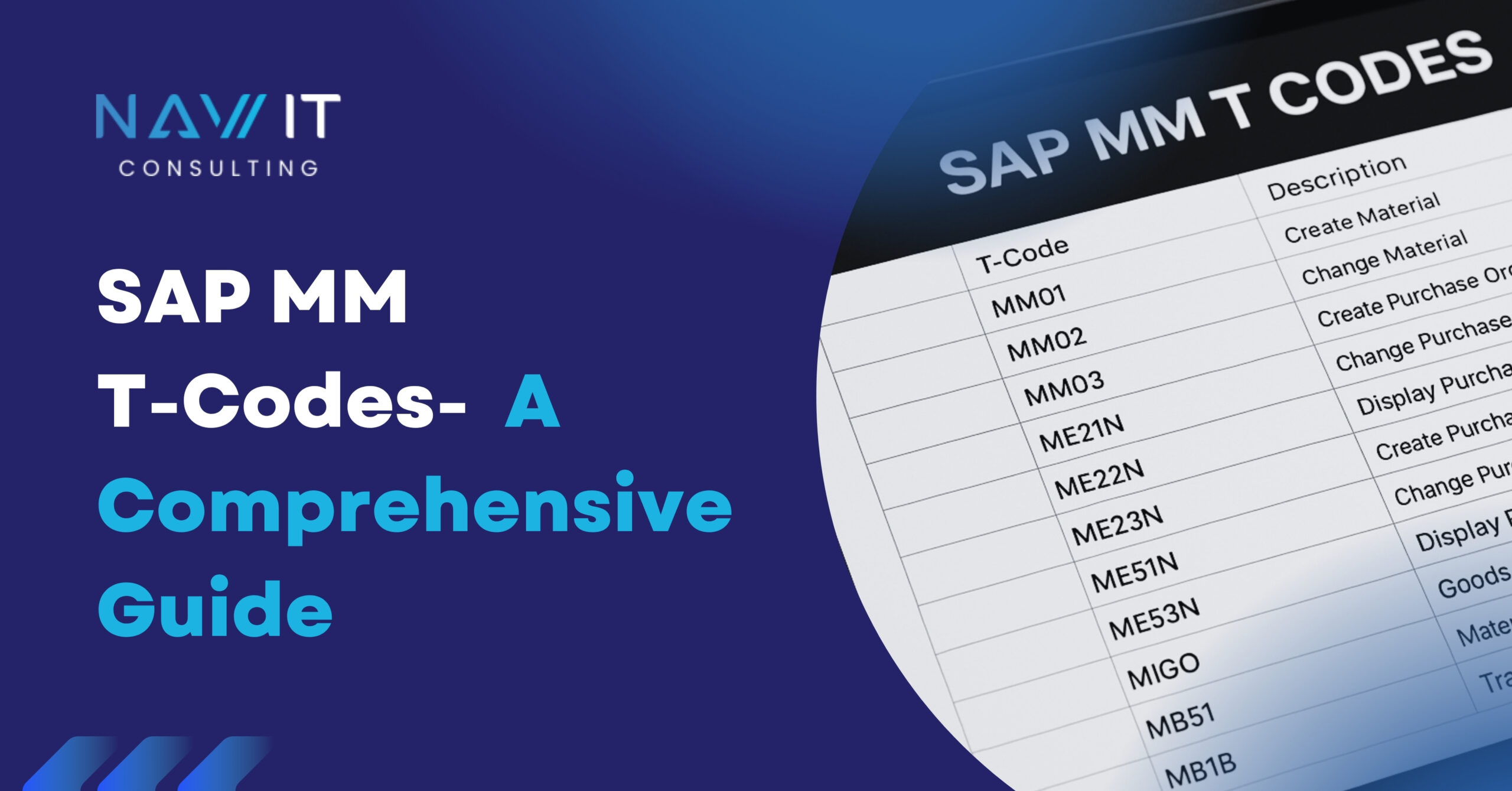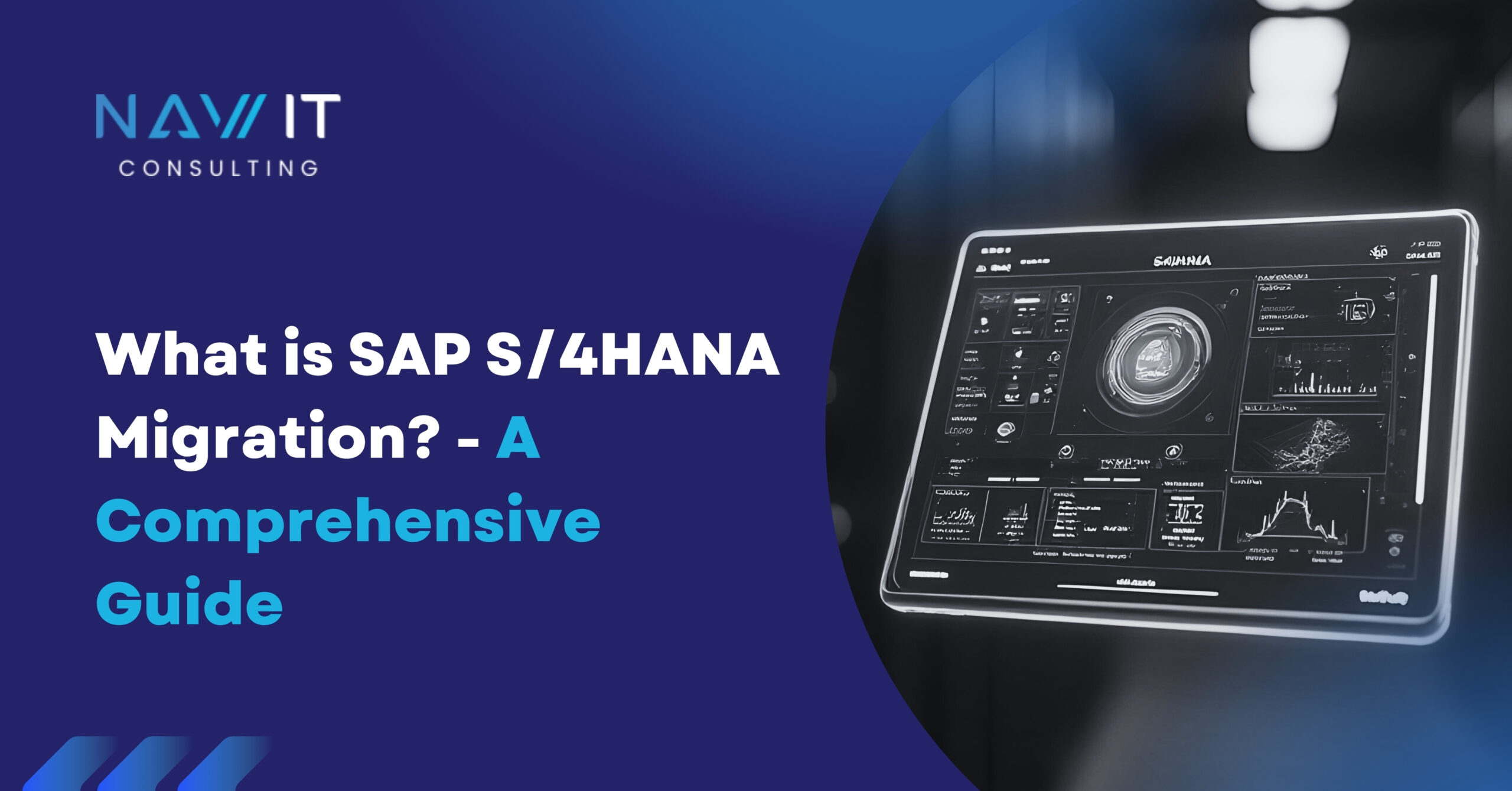Deforestation continues to be one of the most pressing environmental issues of our time, contributing to climate change, biodiversity loss, and the degradation of ecosystems that millions of species, including humans, rely on. As the European Union (EU) takes strong action to combat this global crisis, the EU Deforestation Regulation (EUDR) has been introduced to curb deforestation driven by the EU’s demand for commodities. This detailed blog sheds light on the significance of the EUDR, who it impacts, and what businesses need to do to comply with the regulation. We will also explore key questions surrounding its implementation, the penalties for non-compliance, and how companies can adapt to this regulatory shift.
Join our LinkedIn Network for updates, tips, professional growth and many more:
EUDR: What It Means for Global Supply Chains
The EU Deforestation Regulation (EUDR) is a landmark law passed by the European Parliament to reduce the EU’s contribution to deforestation and forest degradation. It builds on the foundations of the EU Timber Regulation (EUTR), which focused on ensuring that timber sold in the EU market was legally sourced. However, the EUDR goes beyond legality by addressing the wider issue of deforestation, both legal and illegal.
The EUDR compliance requirements include companies that place certain commodities on the EU market to ensure that those products are not sourced from land that has been subject to deforestation after December 31, 2020. This means businesses must take proactive steps to prove that their products are “deforestation-free” through rigorous due diligence processes.
Why is EUDR Compliance Crucial for Our Planet’s Future?
The EUDR is an essential piece of legislation aimed at addressing one of the primary drivers of deforestation: the production and consumption of key agricultural commodities such as palm oil, soy, coffee, cocoa, and beef. These commodities are frequently linked to the destruction of tropical forests, which are vital for maintaining biodiversity and storing large amounts of carbon. Here’s why the EUDR is vital:
- Climate Change Mitigation: Forests are natural carbon sinks, absorbing large quantities of CO2. According to the Intergovernmental Panel on Climate Change (IPCC), deforestation contributes to approximately 10% of global greenhouse gas emissions. Reducing deforestation is a critical step in limiting global warming to below 2°C.
- Biodiversity Protection: Tropical forests are home to approximately 80% of the world’s terrestrial species. The loss of these forests threatens countless plant and animal species with extinction.
- Sustainable Supply Chains: The EUDR compliance promotes sustainable sourcing practices, forcing companies to rethink their supply chains and prioritize environmental sustainability over profit maximization. This regulation will reshape global trade and force businesses to ensure that their products do not contribute to deforestation.
- Consumer Trust: The regulation responds to rising consumer demand for sustainably sourced products. Studies show that consumers are increasingly concerned about environmental and social issues, with many willing to pay a premium for products that are sustainably sourced.
Forests at Risk: How EUDR Compliance Protects Vital Ecosystems
Forests are essential to life on Earth. They serve as carbon sinks, absorb and store water, maintain soil health, and provide habitats for millions of species. Yet, despite their critical role in stabilizing the global climate and supporting biodiversity, forests continue to be destroyed at an alarming rate. According to Global Forest Watch, the world lost over 12 million hectares of tropical forest in 2020 alone.
The introduction of the EUDR is part of the EU’s broader Green Deal strategy, which aims to make Europe the first climate-neutral continent by 2050. The EUDR is also aligned with the EU’s Biodiversity Strategy for 2030, which sets ambitious targets for protecting biodiversity and ensuring the sustainable use of forests.
By implementing the EUDR, the EU is taking direct responsibility for reducing its global environmental footprint and addressing the negative impacts of its consumption on forests.
EUDR Compliance: Timeline and Key Deadlines
The EUDR is set to enter into force in December 2024, but businesses are encouraged to start preparing as early as possible. While December 2024 marks the enforcement date, companies should already be taking steps to align their supply chains and processes with the EUDR compliance requirements. This lead time is intended to give businesses the opportunity to adjust to the new compliance regime without facing immediate penalties. However, the complexity of global supply chains means that companies that wait until the last minute may face significant challenges in meeting the deadline.
Join our LinkedIn Network for updates, tips, professional growth and many more:
Impact of the EUDR: Key Industries & Stakeholders
The EUDR compliance affects a broad range of stakeholders, primarily those involved in the import, trade, or production of commodities associated with deforestation. This includes:
- Importers: Companies importing raw materials such as palm oil, soy, coffee, cocoa, rubber, timber, and beef from non-EU countries will be directly impacted. Importers must ensure that these commodities and their derivatives are not linked to deforestation post-2020.
- Manufacturers: Businesses that manufacture products containing these commodities will need to ensure that their supply chains are fully transparent and compliant with the EUDR.
- Retailers: Retailers selling products in the EU market that contain commodities covered by the EUDR must also verify that their suppliers are in compliance. Failure to do so could result in severe penalties and loss of consumer trust.
- Producers in Non-EU Countries: Farmers and producers in tropical and subtropical regions who export to the EU will face increased scrutiny. They must implement sustainable land-use practices and provide clear documentation of compliance with the EUDR’s requirements.
The regulation will also impact smaller businesses that import niche products or operate on the fringes of these industries, as they too will need to provide documentation proving the deforestation-free status of their goods.
Which Products Fall Under the EUDR? An In-Depth Look
The EU Deforestation Regulation (EUDR) is designed to curb the EU’s contribution to global deforestation by targeting specific commodities and their derivatives that are most responsible for deforestation. This regulation focuses on ensuring that these products entering the EU market are “deforestation-free,” meaning they are not linked to illegal or legal deforestation. Here’s a detailed look at the key commodities under the EUDR:
1. Timber and Wood Products
Timber, one of the most regulated commodities under the EUDR, is directly linked to deforestation, especially in tropical regions. The regulation applies to:
- Raw timber
- Processed wood products, including furniture
- Paper products
- Pulp used in textiles and other industries
Timber harvested from forests cleared after December 31, 2020, cannot be imported into the EU. Companies that deal in timber must ensure full traceability, providing geolocation data of the source forest, and proving that no deforestation occurred after the cutoff date. Wood and paper products also need to adhere to this condition, making the timber industry one of the most impacted by the EUDR.
2. Palm Oil
Palm oil is one of the most widely used commodities globally, found in everyday products like food, cosmetics, cleaning supplies, and biofuels. However, palm oil production is a major driver of deforestation, particularly in Southeast Asia, where vast areas of rainforests have been cleared for plantations. Under the EUDR:
- All palm oil and its derivatives must be sourced from deforestation-free areas.
- Products containing palm oil, such as packaged foods, cosmetics, and even biodiesel, are subject to the regulation.
This regulation forces companies to source certified palm oil and demonstrate full transparency in their supply chains.
3. Soy
Soybean production is one of the leading causes of deforestation, especially in South America, where large areas of the Amazon rainforest and other ecosystems are cleared for soy farming. Soy is used mainly for:
- Livestock feed
- Processed food products like soy-based meat substitutes
- Oils and biodiesel
The EUDR affects not just raw soy but also products derived from it. European companies must ensure that soy and soy-based goods entering the market have no connection to deforestation post-2020. This will impact industries reliant on soy for food production, biofuels, and feed for livestock.
4. Coffee
Coffee farming, particularly in regions like Brazil, Colombia, and parts of Africa, contributes significantly to deforestation as forests are cleared for new coffee plantations. The EUDR applies to:
- Raw coffee beans
- Processed coffee products such as instant coffee and coffee-based drinks
Given the high demand for coffee in the EU, coffee importers and producers will need to meet stringent traceability standards, proving that the coffee they sell does not come from recently deforested lands.
5. Cocoa
Cocoa farming, particularly in West Africa, is closely linked to deforestation as forests are cleared to create cocoa plantations. The EUDR covers:
- Raw cocoa beans
- Cocoa derivatives, including chocolate and cocoa-based products
As the EU is a major market for cocoa and chocolate, producers must ensure their supply chains are transparent, and cocoa comes from deforestation-free areas. This regulation is expected to significantly impact the chocolate industry.
6. Beef and Cattle Products
Livestock farming, particularly beef production, is one of the most significant drivers of deforestation, especially in Brazil, where vast areas of the Amazon rainforest are cleared for cattle grazing. The EUDR compliance applies to:
- Raw beef and processed beef products
- Leather goods made from cattle hides
- Other cattle-derived products like gelatin and tallow
Companies selling beef and cattle products must ensure that their products come from ranches or farms that have not contributed to deforestation after 2020. This affects the food industry, fashion brands using leather, and other industries reliant on cattle-based goods.
7. Rubber
Rubber is an essential raw material used in a wide variety of industries, from automotive tires to medical supplies. Its production, particularly in Southeast Asia, has led to significant deforestation as natural forests are cleared for rubber plantations. The EUDR applies to:
- Raw rubber
- Processed rubber goods, such as tires and industrial products
Businesses dealing with rubber products need to ensure that the rubber is sourced from plantations not involved in recent deforestation. This regulation will significantly impact the automotive and manufacturing industries.
Other Products Affected by the EUDR
In addition to the primary commodities listed above, the EUDR extends to any derivatives or processed goods that contain these products. For example:
- Chocolate: Since cocoa is a regulated commodity, chocolate products containing cocoa fall under the EUDR.
- Coffee-Based Drinks: Any beverage or product containing coffee must comply with the regulation.
- Beef Derivatives: Products containing gelatin, tallow, or other cattle-derived substances must also meet the EUDR’s deforestation-free standards.
- Rubber-Based Goods: Tires, rubber seals, and other processed rubber products must be sourced from deforestation-free plantations.
Is Your Business Ready for the EUDR Compliance? Steps to Take Now
To ensure EUDR compliance, companies need to take several key actions:
- Due Diligence: Businesses must establish a due diligence system to ensure that the commodities they trade or use are not linked to deforestation. This involves collecting information on the geographic origins of their products, assessing deforestation risks, and obtaining evidence that their suppliers are not involved in deforestation activities after December 2020.
- Traceability: Companies need to map their supply chains down to the farm or plantation level. This means knowing where every component of their product originates and being able to provide accurate, geolocated data to prove that deforestation is not part of the supply chain.
- Risk Assessment: Companies are required to perform comprehensive risk assessments for all products covered by the EUDR. If there is any risk of deforestation, businesses must either find alternative suppliers or take steps to mitigate the risk.
- Certification: In some cases, businesses may need to obtain third-party certification from recognized sustainability bodies (such as FSC for timber or RSPO for palm oil) to demonstrate compliance.
- Reporting and Transparency: Importers and companies must maintain and regularly update records of their due diligence and risk assessment efforts. This information must be made available to regulators if requested and, in some cases, may need to be publicly disclosed.
Breaking Down the EUDR Compliance: Key Conditions You Need to Know
To comply with the EUDR, it’s crucial to understand its key conditions:
- Deforestation-Free Status: Companies must ensure that commodities entering the EU market are not sourced from land deforested after December 31, 2020. This applies to both legal and illegal deforestation.
- Due Diligence System: Businesses need to establish and maintain a due diligence system to provide evidence that their products do not contribute to deforestation.
- Geolocation Data: Companies must collect geolocation data for every point in the supply chain. This helps ensure traceability and proves the products’ compliance with the EUDR’s conditions.
- Risk Mitigation: If a product is deemed to be at risk of deforestation, businesses are required to take action to mitigate this risk, either by finding alternative suppliers or improving transparency in their supply chains.
The Cost of Non-Compliance: Penalties and Risks Under the EUDR
Breach of EUDR Compliance can result in severe penalties. These include:
- Fines: Companies that fail to meet the due diligence requirements or are found to be selling deforestation-linked products in the EU could face substantial financial penalties. The fines are expected to be proportionate to the environmental damage caused by deforestation, making non-compliance potentially very costly.
- Product Confiscation: Non-compliant products could be seized and removed from the EU market, resulting in significant financial losses for companies.
- Market Bans: Businesses that fail to comply with the EUDR may be banned from selling their products in the EU market altogether.
- Reputational Damage: In an era where consumers are increasingly aware of environmental issues, being associated with deforestation could severely damage a company’s brand image. Companies that do not comply with the EUDR risk losing consumer trust, which could have long-term impacts on sales and profitability.
NAV-IT: Your Partner for EUDR Compliance and Sustainable Success
Implementation of EU Deforestation Regulation (EUDR) can be challenging, especially for businesses with global supply chains. At NAV-IT, we provide a suite of services designed to simplify compliance and ensure your company remains competitive while meeting stringent sustainability standards. Here’s how we can help you comply with the EUDR:
- Supply Chain Auditing and Risk Assessment: Our experts conduct comprehensive audits of your supply chain, helping you identify high-risk areas for deforestation. We map out the origins of your commodities and assess potential risks, ensuring full traceability of your products.
- Due Diligence Implementation: We offer end-to-end support in setting up a robust due diligence system tailored to your business. This includes sourcing geographical data, supplier documentation, and implementing necessary controls to ensure compliance with the EUDR’s regulations.
- Supplier and Partner Vetting: We help you identify and engage with suppliers that meet EUDR requirements. We provide assistance in selecting certified, deforestation-free suppliers, ensuring your sourcing decisions align with global sustainability efforts.
- Technology Integration: NAV-IT’s cutting-edge ERP and supply chain management solutions enable seamless tracking of commodities from the point of origin to the final product. Our tools offer automated reporting and ensure your data is readily available for audits and compliance checks.
- Training and Consulting: Our team provides in-depth training on EUDR compliance, ensuring that your staff understands their responsibilities under the new regulation. Our consulting services offer strategic guidance to help you transition to deforestation-free sourcing and maintain compliance over time.
- Certification Support: We assist you in obtaining third-party certifications, such as Forest Stewardship Council (FSC) or Roundtable on Sustainable Palm Oil (RSPO) certifications, to ensure your products meet the EUDR standards. These certifications provide documented proof of compliance and bolster consumer trust.
- Ongoing Monitoring and Updates: As regulations evolve, our team continuously monitors changes in the EUDR and other related legislation. We offer regular updates and ensure your company remains compliant with the latest regulatory requirements.
Conclusion
The EU Deforestation Regulation (EUDR) is a landmark step toward promoting sustainable global supply chains and addressing the critical issue of deforestation. Businesses affected by this regulation must act swiftly to adapt their supply chains, implement due diligence systems, and ensure compliance. By doing so, companies can not only avoid penalties but also position themselves as leaders in environmental stewardship and meet rising consumer demands for sustainable products.
FAQs About EUDR Compliance Challenges
1. What is the main objective of the EUDR?
The EUDR aims to prevent products associated with deforestation from entering the EU market, thus reducing the EU’s contribution to global deforestation and promoting sustainable land use practices.
2. Which industries are most affected by the EUDR?
Industries dealing with commodities such as palm oil, soy, coffee, cocoa, beef, rubber, and timber will be the most affected. This includes sectors like agriculture, food and beverage, cosmetics, furniture, and paper manufacturing.
3. What are the consequences of non-compliance?
Companies that fail to comply with the EUDR can face heavy fines, confiscation of products, bans on EU market entry, and reputational damage. The financial penalties will be proportional to the environmental damage caused.
4. How does the EUDR differ from the EU Timber Regulation (EUTR)?
The EUTR only focused on illegal deforestation and timber products, whereas the EUDR addresses all types of deforestation—both legal and illegal—and covers a wider range of commodities beyond timber.
5. When does the EUDR come into force?
The EUDR comes into force in December 2024, but businesses are encouraged to begin implementing due diligence processes as soon as possible.
6. How does the EUDR impact non-EU countries?
The EUDR impacts producers and exporters in non-EU countries, particularly those in tropical regions where deforestation is a concern. They will need to prove that their products are deforestation-free to access the EU market.









